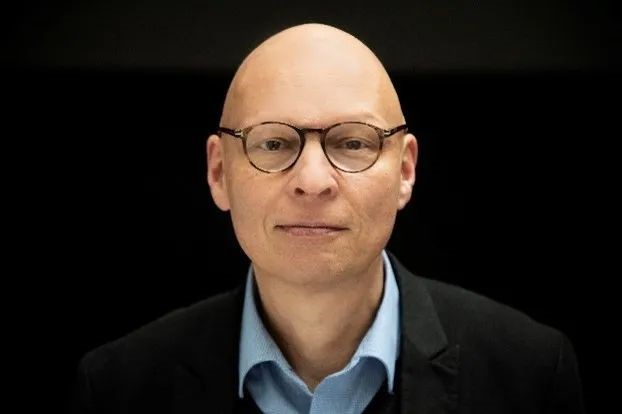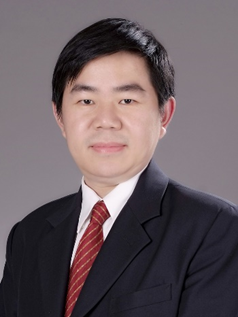2022-10-17
Upcoming lecture:Advancing scientific reasoning and argumentation in higher education with simulation-based learning
Time
2022.10.18
14:00-15:30 Beijing time
Platform
Zoom
Please add Wechat Group

Or contact lxgao@gse.pku.edu.cn
To get Meeting ID and password
Language
English (without interpretation)
Speaker

Frank Fischer
Frank Fischer is a full professor of Educational Science and Educational Psychology at the Ludwig Maximilians University (LMU) in Munich. His research focuses on how people learn to engage in scientific reasoning and argumentation, as well as in diagnostic reasoning. Settings include computer-supported collaborative learning and simulation-based learning environments in secondary school and in higher education. He is the Director of the Munich Center of the Learning Sciences, an interdisciplinary collaboration focusing on advancing research on learning and instruction. He was the President and is an Inaugural Fellow of the International Society of the Learning Sciences. In addition, he is an elected member of the Bavarian Academy of Sciences.
Host

Junjie Shang
Graduate School of Education
Tenured Associate Professor
Abstract:
In academic professions, people are expected to decide and solve problems alone and in collaboration with others, employing professional knowledge and technology. They should be able to engage in epistemic activities and refer to them when justifying their decisions and actions, e.g., in diagnosing the causes of a patient’s problems or assessing possible reasons for learning difficulties of students at school. Scientific reasoning and argumentation are therefore considered important goals of many academic study programs that are closely linked to academic professions. In this talk I will present a conceptual framework for investigating and advancing scientific reasoning and argumentation in higher education. The framework links the ideas of approximations-of-practice, representational scaffolding, scientific reasoning and argumentation, and simulation-based learning. The research programs of the doctoral school REASON and the research unit COSIMA have been addressing, among others, the following questions in both teacher education and medical education: Which knowledge and skills are required for scientific reasoning and argumentation? What are facilitating conditions of scientific reasoning and argumentation in medical education and in teacher education, and more specifically, what are the effects of different types of adaptive scaffolding and feedback? How can we design end effectively employ computer-supported collaborative learning scenarios to advance scientific reasoning and argumentation? To what extent and in which ways are scientific reasoning and argumentation domain-specific vs. valid across different domains? I will report and discuss the findings of primary studies and meta-analyses on these questions. The talk concludes with a plea for the innovative that learning sciences research holds for medical education, teacher education, and other fields with close links to academic professions.

